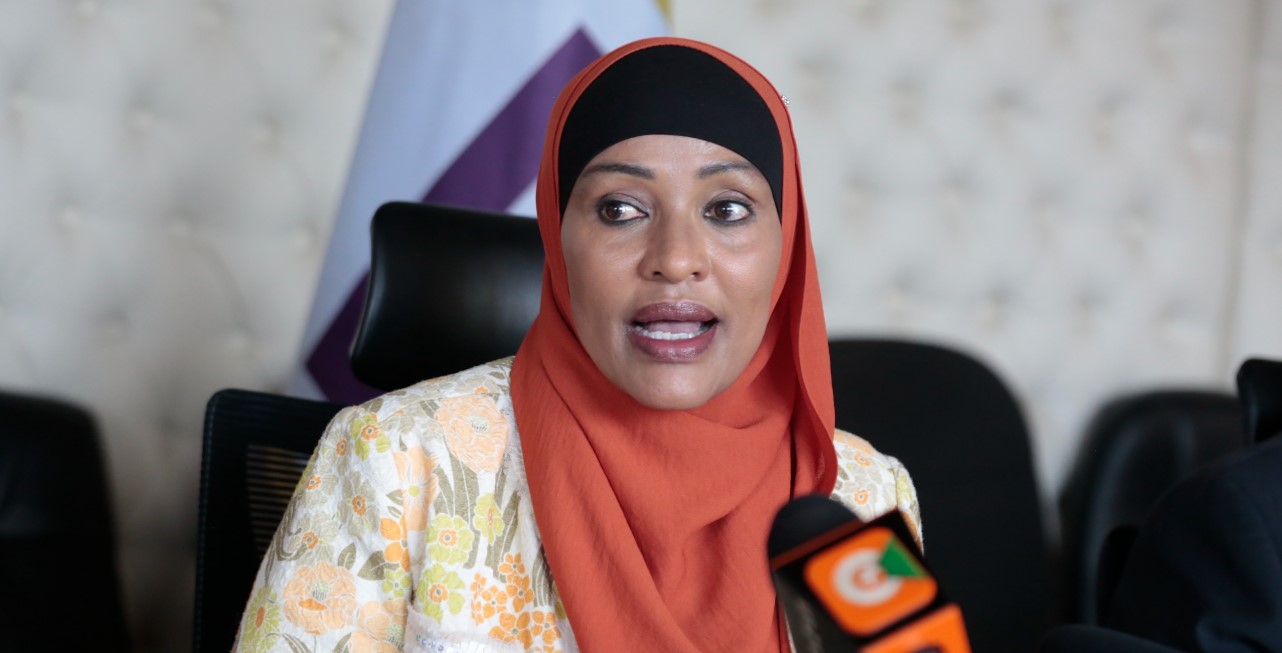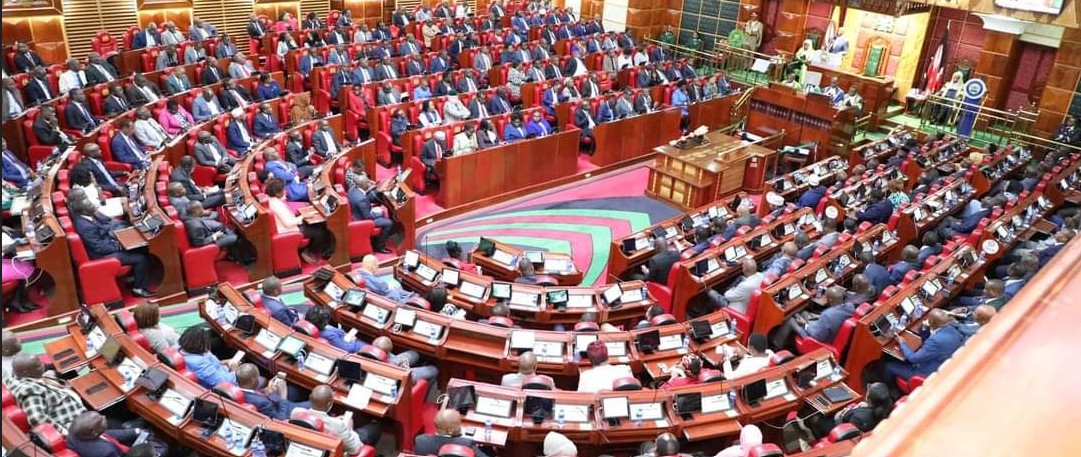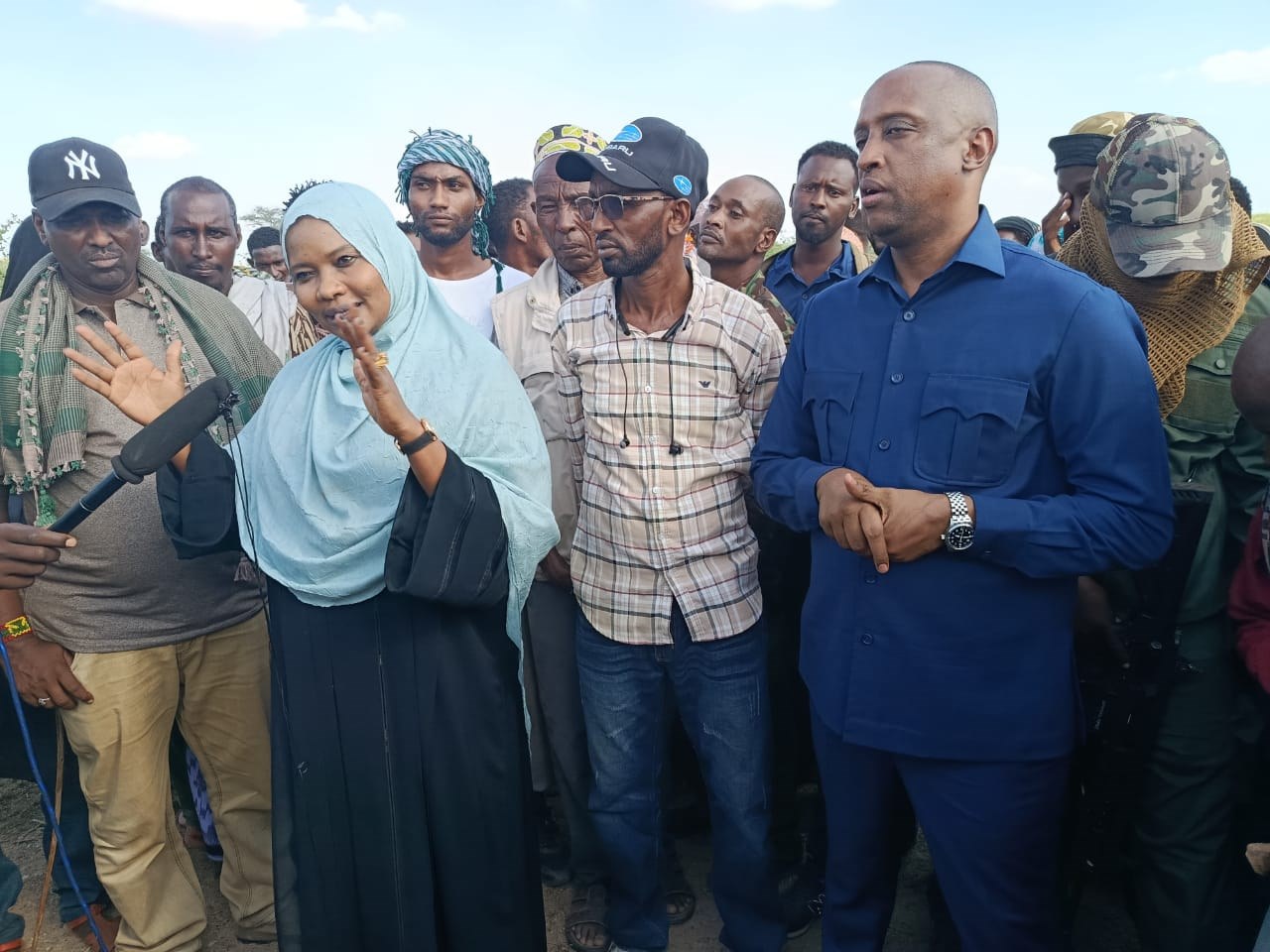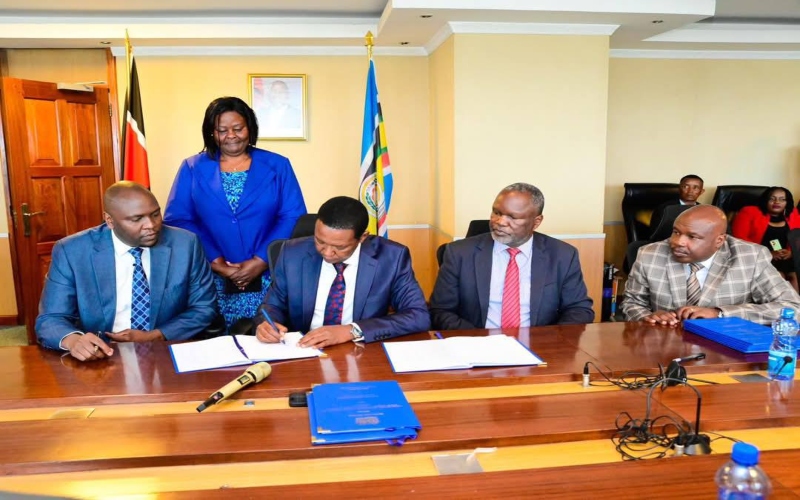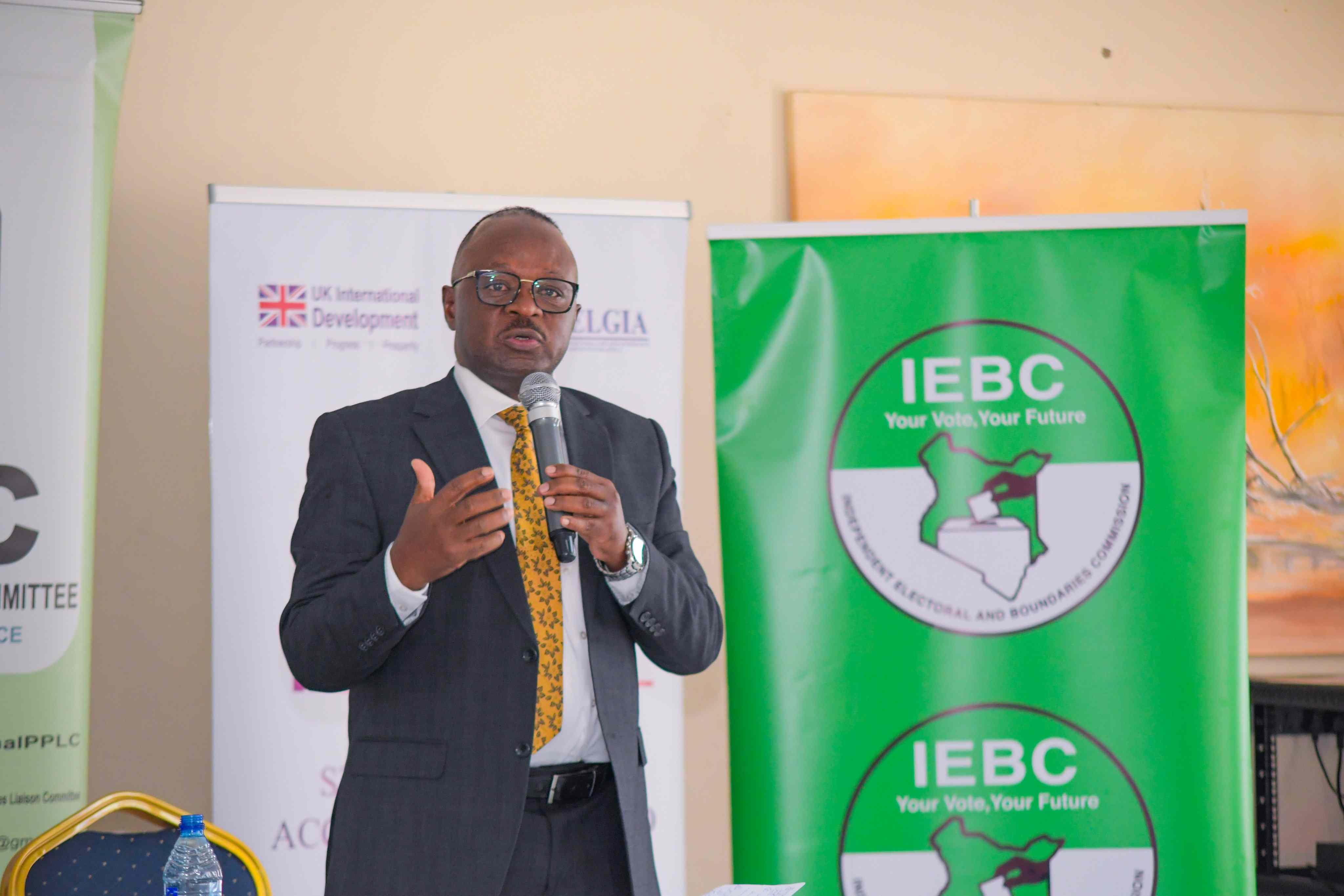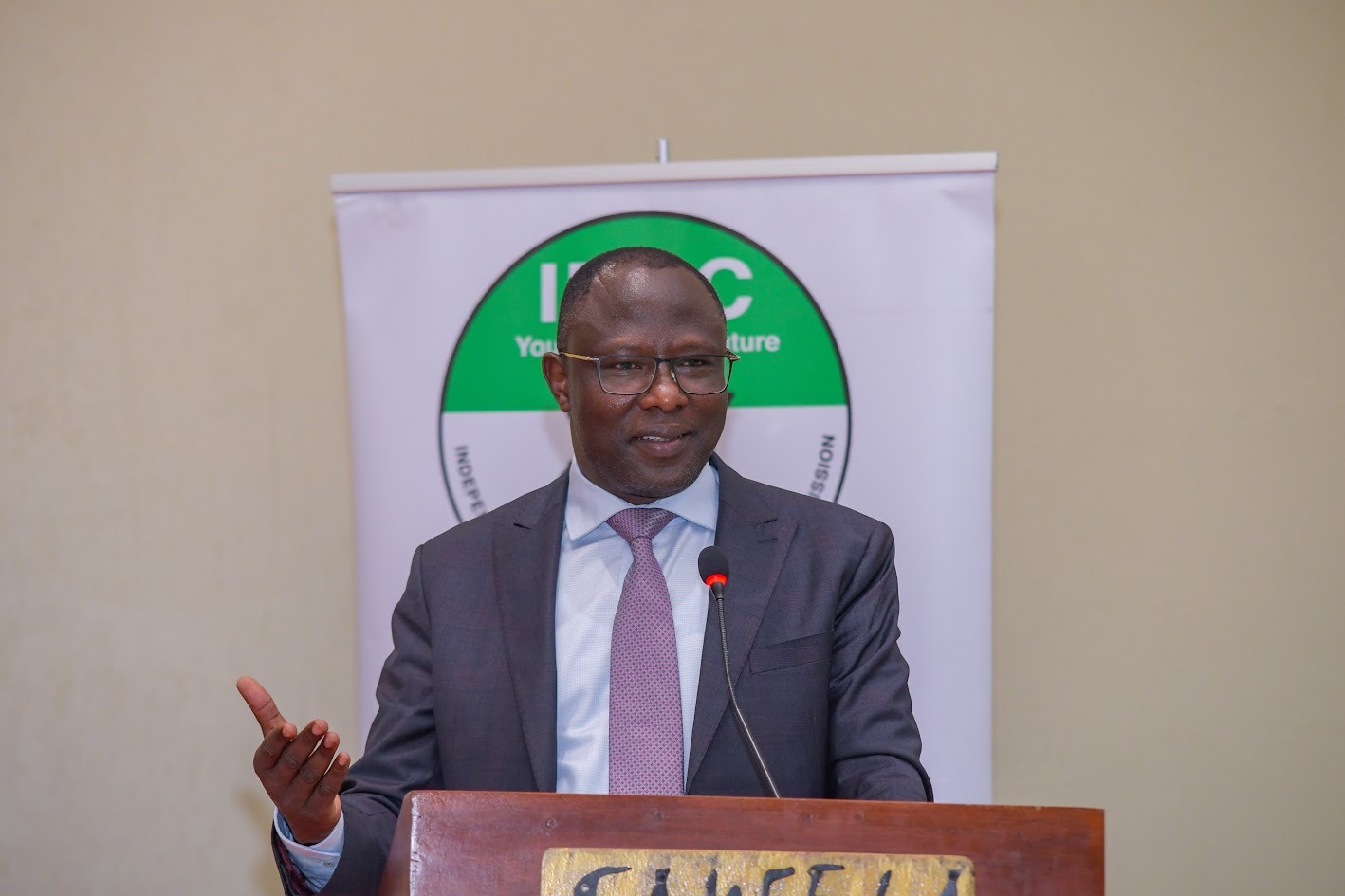Turkana health workers sensitised to new TB drug set to reduce treatment period
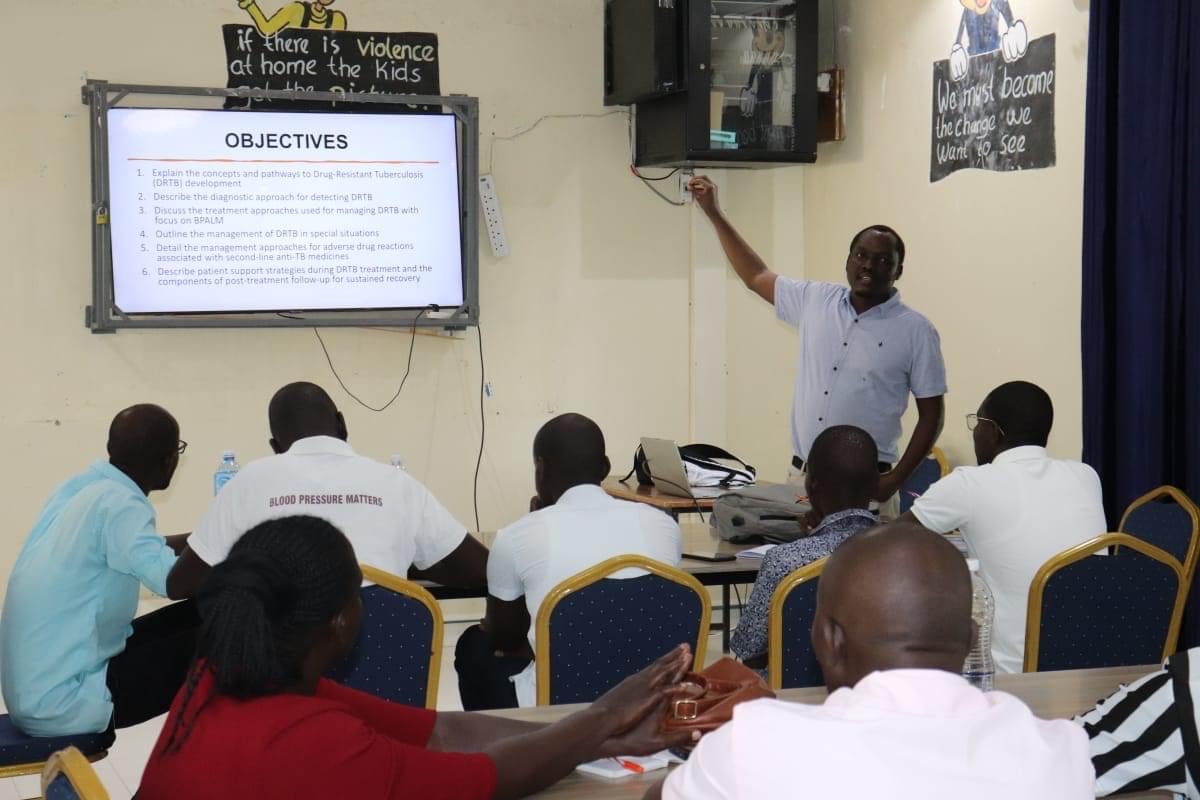
Joy Lipesa, a nurse in charge of TB Manyatta in Lodwar County Referral Hospital, stated that the new BPal/M regimen involves fewer drugs, which will boost adherence.
Health workers under the Turkana Tuberculosis Programme have been sensitised to a new tuberculosis (TB) drug that is expected to reduce the treatment period from 18 to six months.
The county government stated that the World Health Organisation approved the regimen, BPal/M, set to be rolled out by the National Tuberculosis, Leprosy, and Lung Disease Programme (NTLD-P) nationwide in July 2024. The BPaLM regimen comprises bedaquiline, pretomanid, linezolid (600 mg) and moxifloxacin.
More To Read
- Kenya unveils advanced bronchoscopy programme at KNH to strengthen respiratory care
- New antibiotic outperforms standard tuberculosis treatment in global trial
- Tuberculosis cases fall for first time since pandemic- WHO
- Turkana County, Amref launch final phase of HIV, TB and reproductive care project
- Kenya rolls out AI-powered chest x-rays to boost early TB detection
- Meet Tanzania’s ‘hero rats’ trained to detect landmines, TB and earthquake survivors
Dr. Job Okemwa, the Turkana County Tuberculosis, Leprosy, and Lungs Disease Control Coordinator, said the new drug will help reduce cases where patients fail to complete their regimen.
"The county's multidrug resistance (MDR-TB) treatment success rate is 83 per cent of the cure rate. Therefore, the shorter treatment period will lead to higher adherence rates, better treatment outcomes, and a reduced risk of developing further drug resistance," Dr. Okwema stated.
He claimed that mortality rates and loss of follow-up contribute to poor outcomes in the management of MDR-TB cases.
Turkana County, he emphasised, was among 10 counties grappling with the burden of TB cases, adding that in 2023, out of the 684 MDR-TB cases diagnosed across the country, 20 cases were from the region.
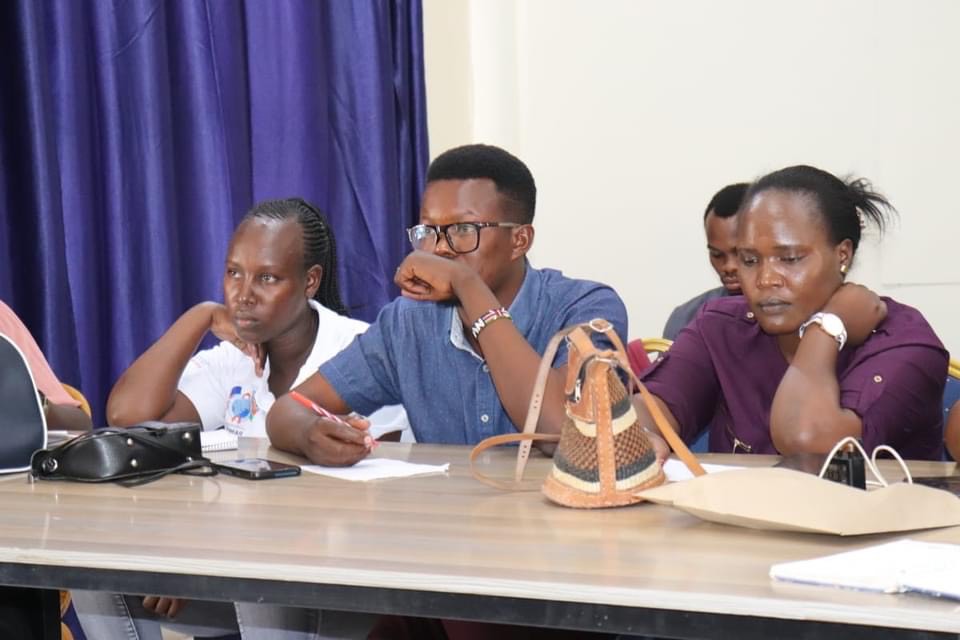 Health workers under the Turkana Tuberculosis Programme participate in a sensitisation workshop in June 2024,(Photo: Turkana County)
Health workers under the Turkana Tuberculosis Programme participate in a sensitisation workshop in June 2024,(Photo: Turkana County)Health workers under the Turkana Tuberculosis Programme participate in a sensitisation workshop in June 2024,(Photo: Turkana County)
Joy Lipesa, a nurse in charge of TB Manyatta in Lodwar County Referral Hospital, stated that the new BPal/M regimen involves fewer drugs, which will boost adherence, make follow-ups easier, and simplify patient tracing.
The TB Manyatta accommodated MDR-TB patients for 18–20 months as they received treatment, a move that helped nurses monitor the patients' effective use of the drugs.
She pointed out that one of the qualifications for the regimen is that the patient should not exhibit severe disease, which would be challenging as most patients are diagnosed when the disease burden is high.
“We have to intensify active case findings at the community level, where community health promoters would refer anyone with a prolonged cough for testing," Lipesa noted.
The national TB programme expected to roll out countrywide with the provision of the new drug will also provide the counties with two x-ray machines to ascertain which MDR-TB cases qualify for Bpal/M.
Kenya is positioned on the list of the 30 countries with the highest TB burden in the world.
According to the Ministry of Health, more than 120,000 people develop TB every year and children account for 10–11 per cent of all recorded cases.
Top Stories Today


